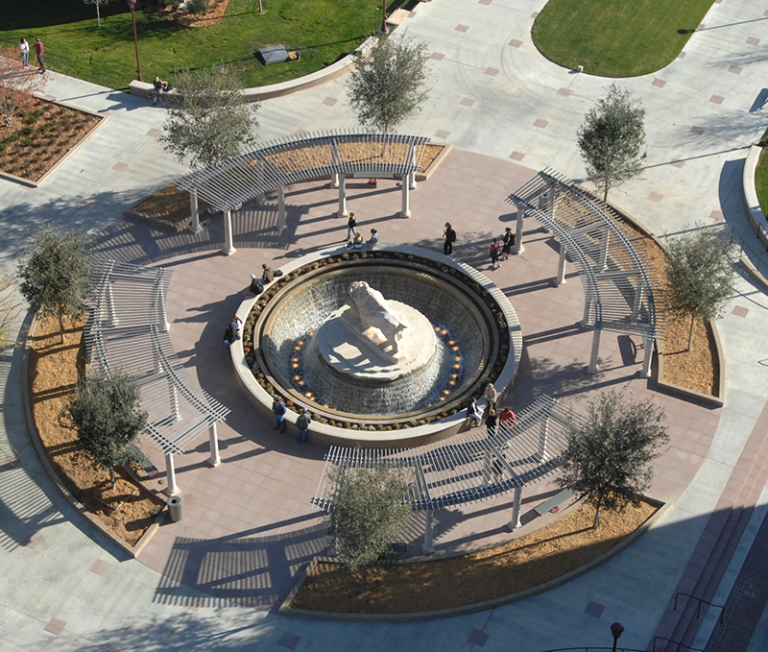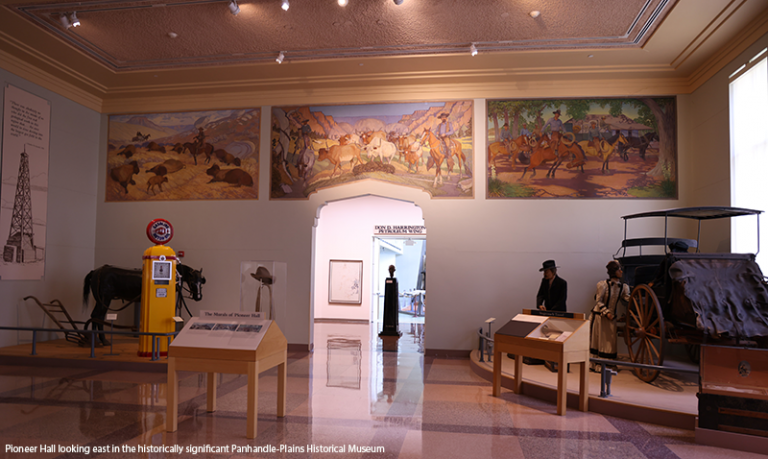Sixth in a series on teaching excellence
Great teaching is almost always accompanied by controversy, if not for the teacher, for the student; if not for the student, for the board; if not for the board, for the general public; and if not for anyone, you can almost always ask yourself, “Was it really great teaching?”
Important controversy is never intentional.
The teacher who challenges students to think differently than they have in the past will usually incite controversy in students who do not want to change the way they think. The challenge may force students to more strongly possess the values and beliefs that they brought into the classroom; this too is change, from mild belief to strong belief.
I am not suggesting that a teacher be controversial for the sake of controversy. History demonstrates that brand of teaching to be superficial and short lived. It is too easy and rarely promotes the intellectual development of students.
Leave shock value to entertainers. There are plenty who use it to make an impression and a few bucks along the way, from Johnny Rotten and the Sex Pistols to current entertainers long on shock and short on substance. They do little to charge the intellect. They mindlessly stir emotions towards no particular goal.
Great teaching endeavors to purposefully change the way people think based on ideas, knowledge, insight, and discovery. This is why research is so important.
Galileo Galilei was a great teacher. But his teaching was accompanied by controversy. The Catholic Church saw his work as contrary to biblical writ found in Joshua 10:12 that describes succinctly the relationship of the sun to the earth and church teaching: “On the day the LORD gave the Amorites over to Israel, Joshua said to the LORD in the presence of Israel: ‘O sun, stand still over Gibeon, O moon, over the Valley of Aijalon.’
The earth, not the sun, was deemed to be center of the universe. Of special interest in this setting was the importance of modern scientific equipment and its utilization that led to new insight. Technology impacted teaching because Galileo used the telescope to scan the heavens, rather than the landscape, as had been previous practice. You can purchase a more powerful telescope at Toys R Us for less than the price of a pair of Nikes.
However, even primitive paraphernalia guided with passion in pursuit of insight provides potent punch in helping students see things afresh.
It is teaching at its pinnacle.
Galileo had high purpose…He was seeking to understand the workings of the world. Stephen Hawking and Albert Einstein have each attributed the birth of modern physics to Galileo.
The legitimate controversy that arose from Galileo also impacted the church. However, the biblical perspective expressing the possibility that the sun appeared to stand still in the sky undermines neither the science of Galileo nor the teaching of Holy Scripture.
Instead, in both cases, the application of reason to the situation leads to very different results. What may be more important as a teaching of both science and church is that reason may leave us short sometimes as it does not always clarify. Controversy, for the differences it announces, can strengthen the underlying logic of multiple perspectives.
Great teaching and the controversy it might bring is exactly what the best universities need; and should seek, recognize, and reward when it occurs.
In 1939, Pope Pius XII said Galileo was among the “most audacious heroes of research … not afraid of the stumbling blocks and the risks on the way, nor fearful of the funereal monuments.”
Frequently, the results of great teaching unfold in slow motion, but eventually reveal a glimpse of truth, and almost always, are accompanied by controversy.





I found your blog on google and read a few of your other posts. I just added you to my Google News Reader. Keep up the good work Look forward to reading more from you in the future.